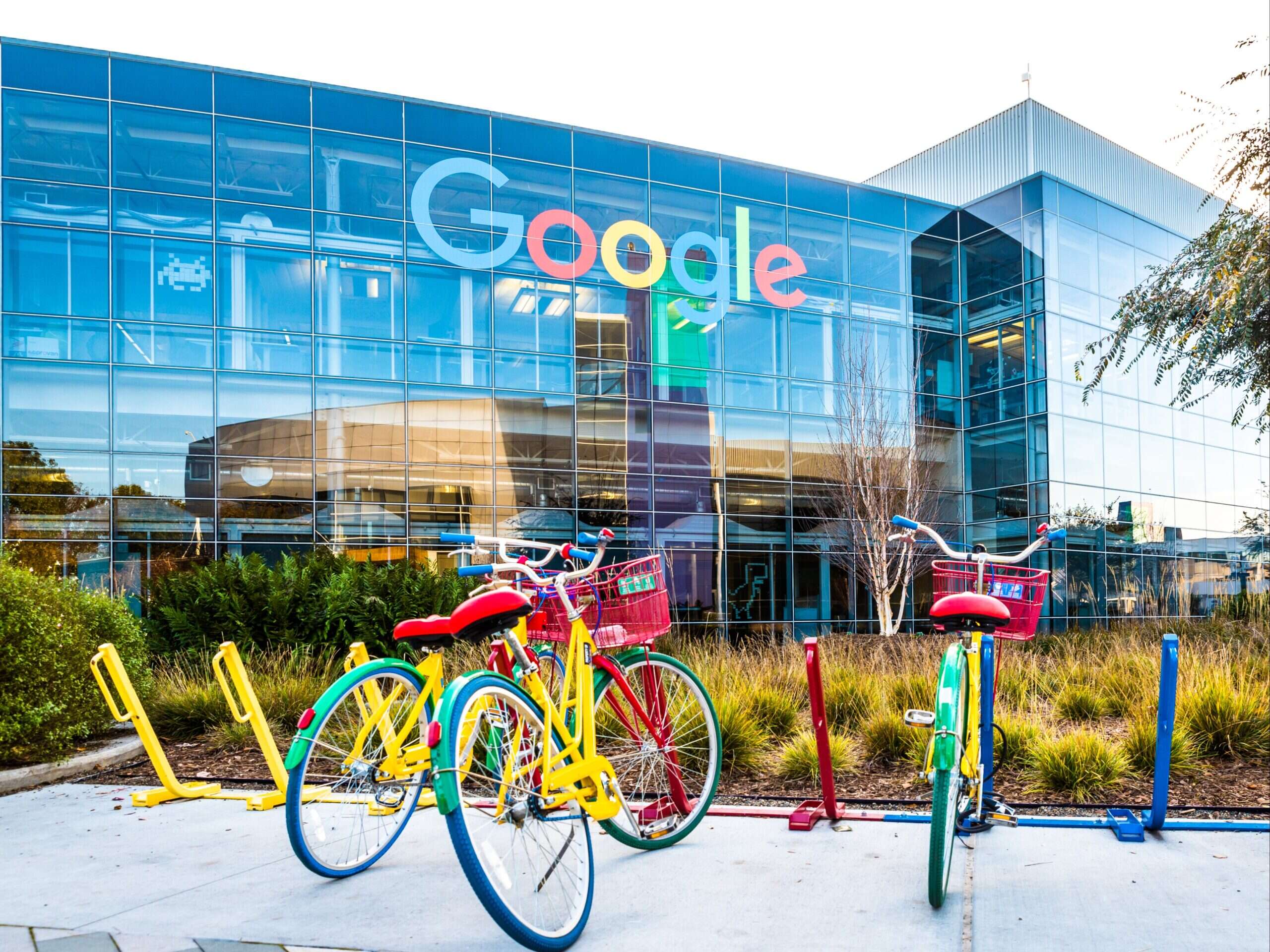
Top UK media bosses have described a threat from Google to leave Australia if it is forced to pay for news content as “slightly hollow” and “overplaying its hand”, urging regulators to stay “very firm and very strong”.
Google has claimed it would have “no choice” but to stop its search engine from working in Australia if plans go through for a mandatory bargaining code to force it to pay publishers and negotiate for fair fees.
Google Australia’s managing director Mel Silva said: “The ability to link freely between websites is fundamental to search. This code creates an unreasonable and unmanageable financial and operational risk to our business.”
Publishers and governments from around the world are closely watching how events play out in Australia as the UK, US and Europe all look to level the playing field between publishers and the biggest tech platforms.
Speaking at a Lords communications committee hearing on the future of journalism on Tuesday, Lord Charles Colville described Google’s threat as a “shocking bit of bullying” as he asked news leaders whether Google’s threats should stop the UK from pursuing its own mandatory bargaining code.
Peter Wright, editor emeritus at Mail, Metro and i publisher DMG Media, said he believes Google and Facebook are “overplaying their hand”.
“They know regulation is coming. It’s coming here, it’s coming in Australia, it’s coming in Europe, America are going down a slightly different route but probably even more effectively using their legal system to break up these monopolies…
“I think payment for content is coming. The only argument is whether it’s going to be in the way of their commercial offerings – take it or leave it offers which are changed or made advantageous at will by the platforms – or whether there will be someone to hold the ring between the monopoly on one hand… and the news industry on the other.”
Wright, and Guardian Media Group director of public policy Matt Rogerson, both pointed out that Google agreed a deal in France aimed at facilitating publisher payments just a day before claiming it would be impossible to do so in Australia.
Rogerson said the French deal “slightly undermined” its claim that “payment for content would break the internet”.
He added: “I think the threat seems slightly hollow. Should Google pay for the use of content for commercial purposes in the same way Microsoft News does or Yahoo News does or start-up news aggregators do? I think they probably should.
“And I think the Australian code is a good step forward in trying to equalise relations between trillion-dollar platforms and what are relatively small publishers in the grand scheme of things.”
Gary Shipton, editorial director of Scotsman and Yorkshire Post publisher JPI Media, said he applauded what the Australian government was doing and said the UK industry “should be very firm and very strong. We knew that this pressure would be coming along.”
Shipton said: “All we are looking for is a level playing field and a fair payment. What we are saying is we want some transparency. We want to understand what our content, which is very expensive to source, is generating for these groups and have a fair share, a fair royalty if you like, as any other creator of content would want.
“In the end, it is fundamental to the news ecosystem because quite clearly if we cannot earn the money from these platforms to pay for the journalism in the end the journalism won’t be there. So it’s not unreasonable. We’re not asking for anything unreasonable.”
The publishers also discussed Google’s Privacy Sandbox plans to scrap third-party cookies on its Chrome browser and develop alternatives for advertising that don’t track users’ behaviour across the web.
The Guardian’s Rogerson said third-party cookies are “not inherently bad”, adding they are simply a “neutral vehicle that carries information around between two different parties. Unfortunately they’ve been tarred as compromising privacy”.
[Read more: How Google is building an internet without cookies – and why publishers are concerned]
Rogerson said he was “sure Google’s intentions with the Privacy Sandbox are good” but compared it to its accelerated mobile pages format AMP which was similarly developed in an open source way and is now under serious scrutiny in Texas “in terms of how that was designed to prevent the use of header bidding on those pages to increase Google’s market share and manipulation of the advertising market in their direction”.
Wright said the Mail had suffered some “massive” drops in Google News visibility in recent years which the company suspected was down to its use of header bidding, a programmatic advertising technique that allows buyers to bid on publishers’ websites without going through Google.
“[It was] our attempt to maintain a competitive marketplace,” he said. “Google simply makes the content unavailable.”
Google’s director of economic policy Adam Cohen said this month that allegations the company designed AMP to hurt header bidding were false.
“Publishers are free to use both AMP and header bidding technologies together if they choose,” he wrote. “The use of header bidding doesn’t factor into publisher search rankings.”
[Read more: $1bn news fund is one small step for Google, but a giant leap for principle of paying for news]
Meanwhile Google Australia boss Silva has said the company would prefer to pay publishers through its Google News Showcase which would mean “paying for their editorial expertise and beyond-the-paywall access to their journalism, rather than for links”.
“We think News Showcase is the right solution for negotiating payments to publishers under the code,” she said. “It offers a fair, practical way forward, meets the original goals of the law, and helps secure a strong future for Australian news.”
Picture: Shutterstock
Email pged@pressgazette.co.uk to point out mistakes, provide story tips or send in a letter for publication on our "Letters Page" blog
